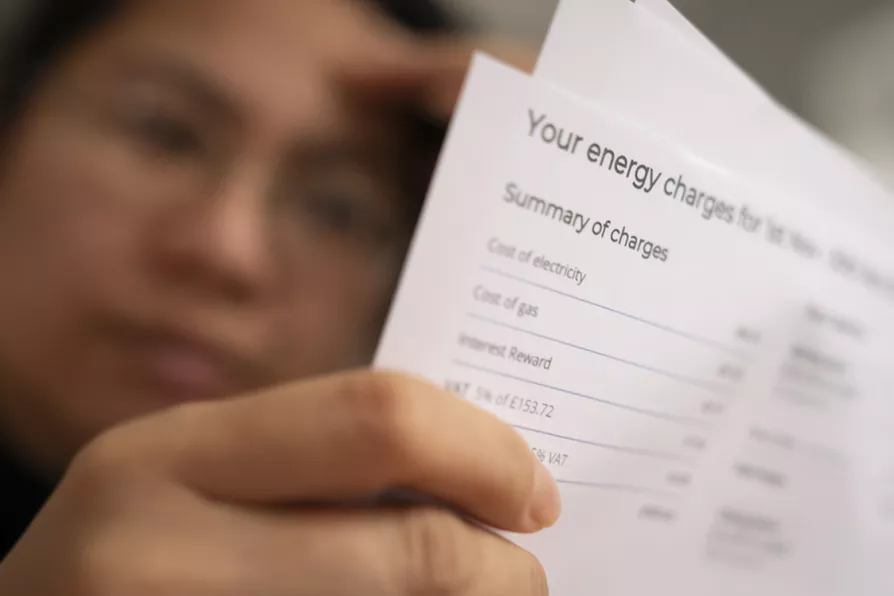
 A person holding an energy bill
A person holding an energy bill
THE SNP has called on Chancellor Rachel Reeves to levy for a windfall tax on big banks in next week’s Budget to fund a £300 cut to energy bills.
SNP Westminster leader Stephen Flynn backed an idea from think tank the Institute for Public Policy Research, arguing it could be used to resurrect the Energy Bills Support Scheme.
The scheme, launched by the last Tory government at the height of the energy price crisis, provided £400 towards domestic energy bills at a cost of £11.4 billion.
If brought back with the cash raised through a banking windfall tax, Mr Flynn says it could support bills to the tune of £300 a year.
Urging Ms Reeves to use next week’s Budget to deliver on Labour’s manifesto, Mr Flynn said: “This SNP Budget proposal would immediately right the wrong of the Labour Party’s broken promises on energy bills and put money directly into people’s pockets this winter.
“Cutting the public’s energy bills by £300 this winter is one promise the Labour Party can, should and must keep.
“People will rightly ask what the point of the Labour Party is, if they aren’t prepared to introduce a bank levy that even Margaret Thatcher thought was a good idea?
“For all the talk and speculation the Chancellor generated about breaking the Labour Party’s manifesto promises on tax, people equally haven’t forgotten the promises Keir Starmer made to them that his government would cut their energy bills.
“Labour promised people at the general election that they would cut energy bills by £300 — everyone knows that they have instead gone up by nearly £200.”
Backing the call, STUC general secretary Roz Foyer said: “The STUC is serious when we say that the Chancellor should be pulling on every lever possible to balance the books.
“Banks are hardly short of a bob or two, particularly when it was the taxpayer themselves who bailed them out when they crashed the economy.
“Gross profiteering and the lack of taxation from it is holding our economy back.
“The Chancellor should take seriously this proposal, and others, that involve redistributing wealth from across our society when she steps up to the despatch box.”
The British government was contacted for comment.










